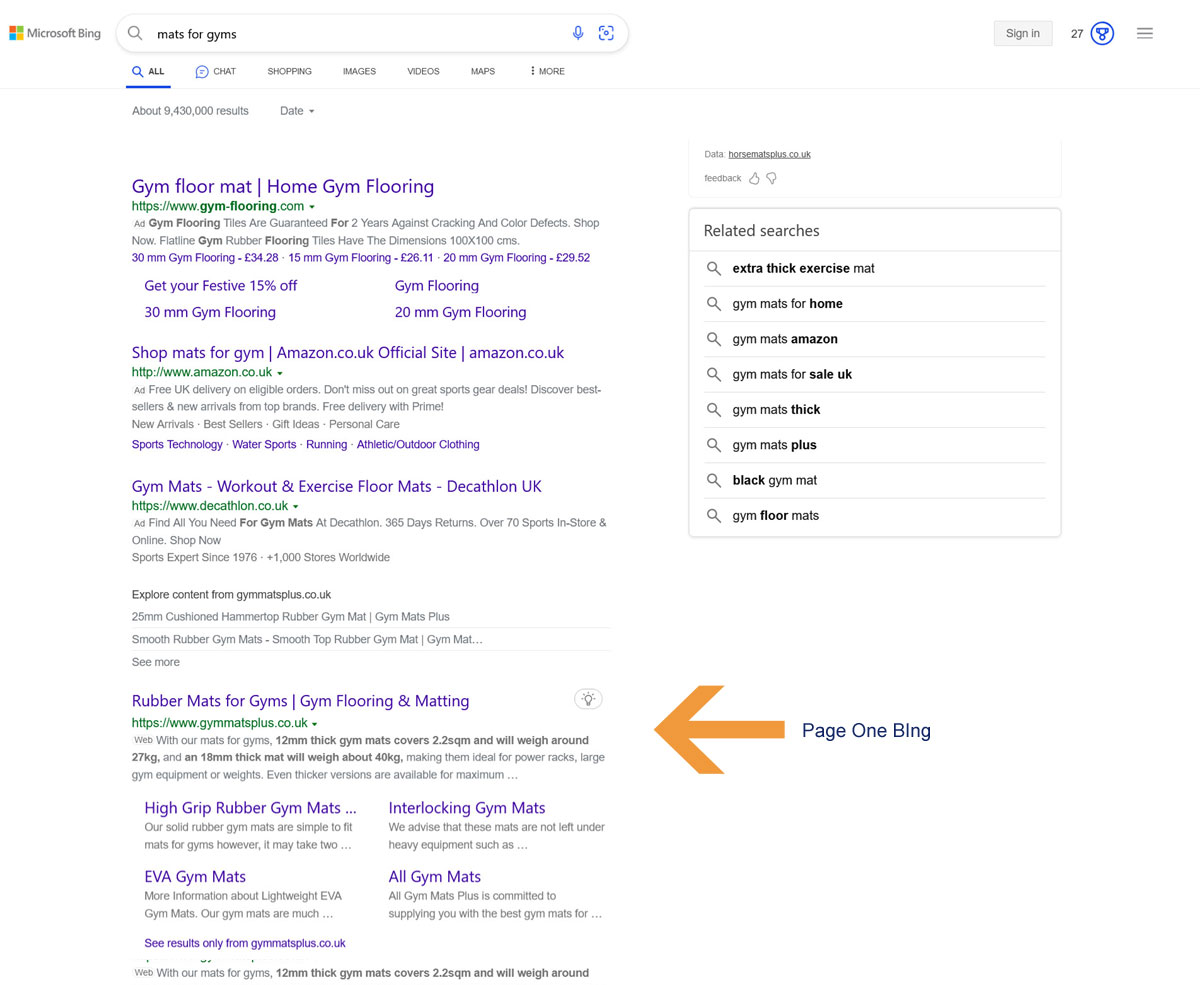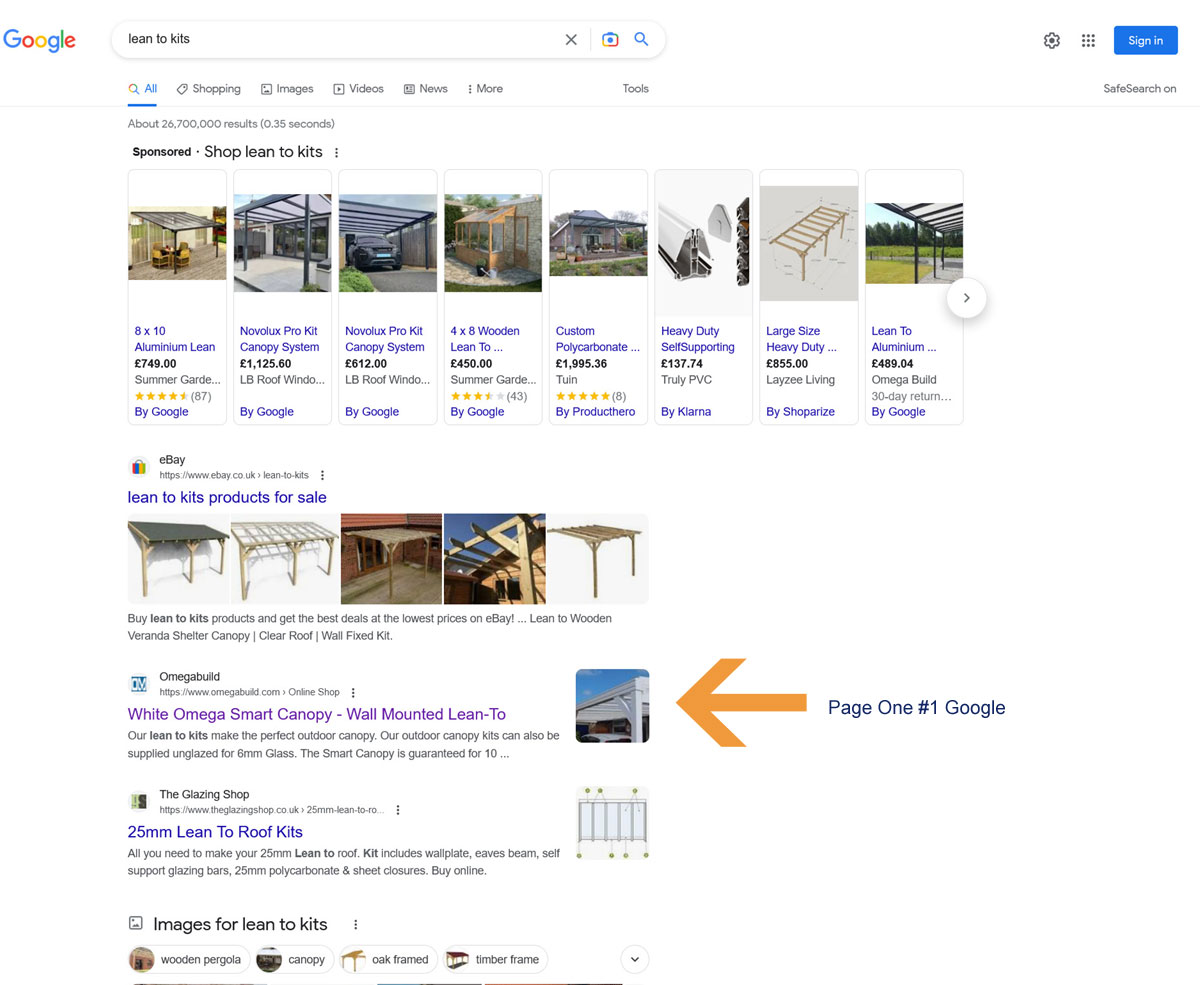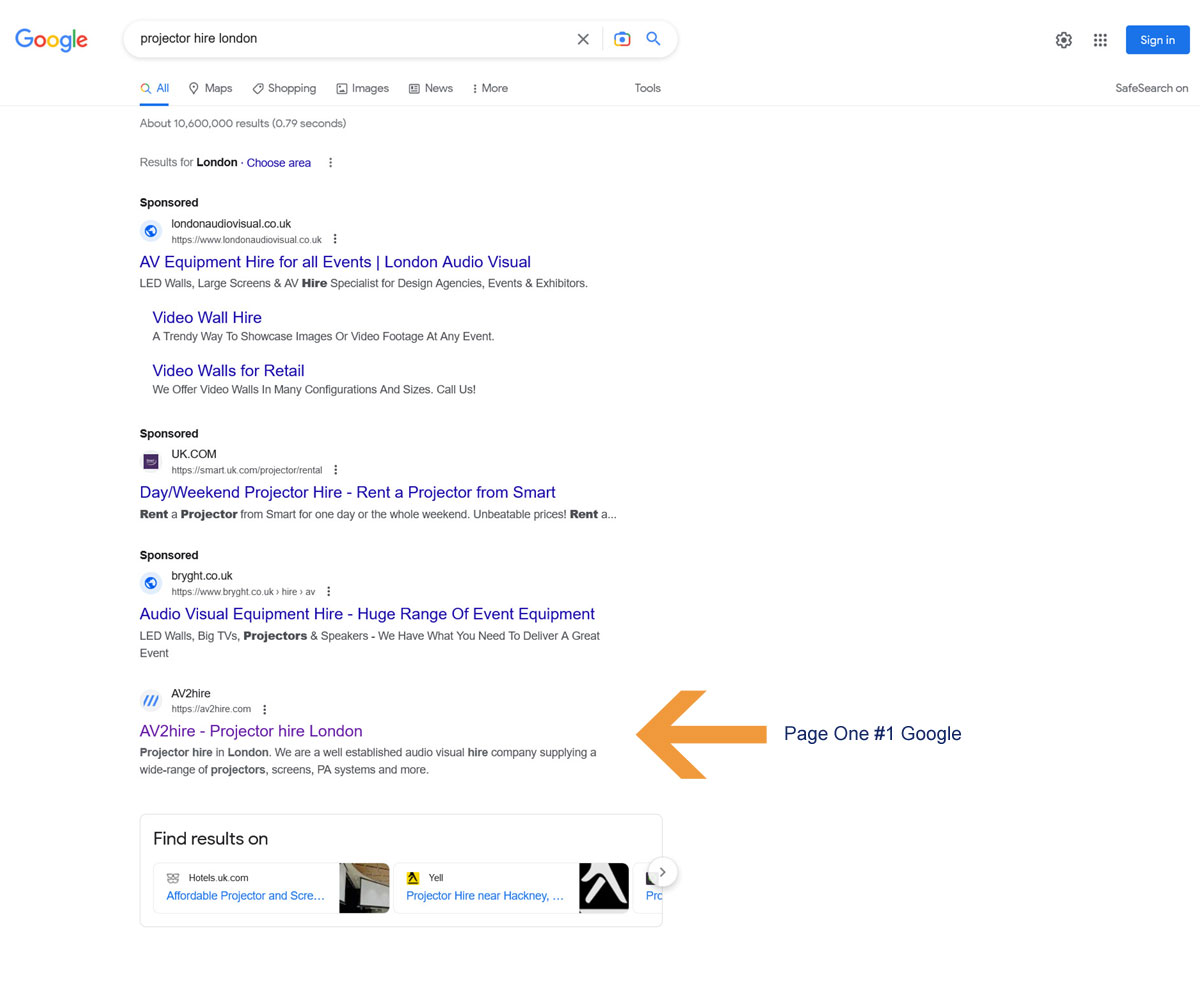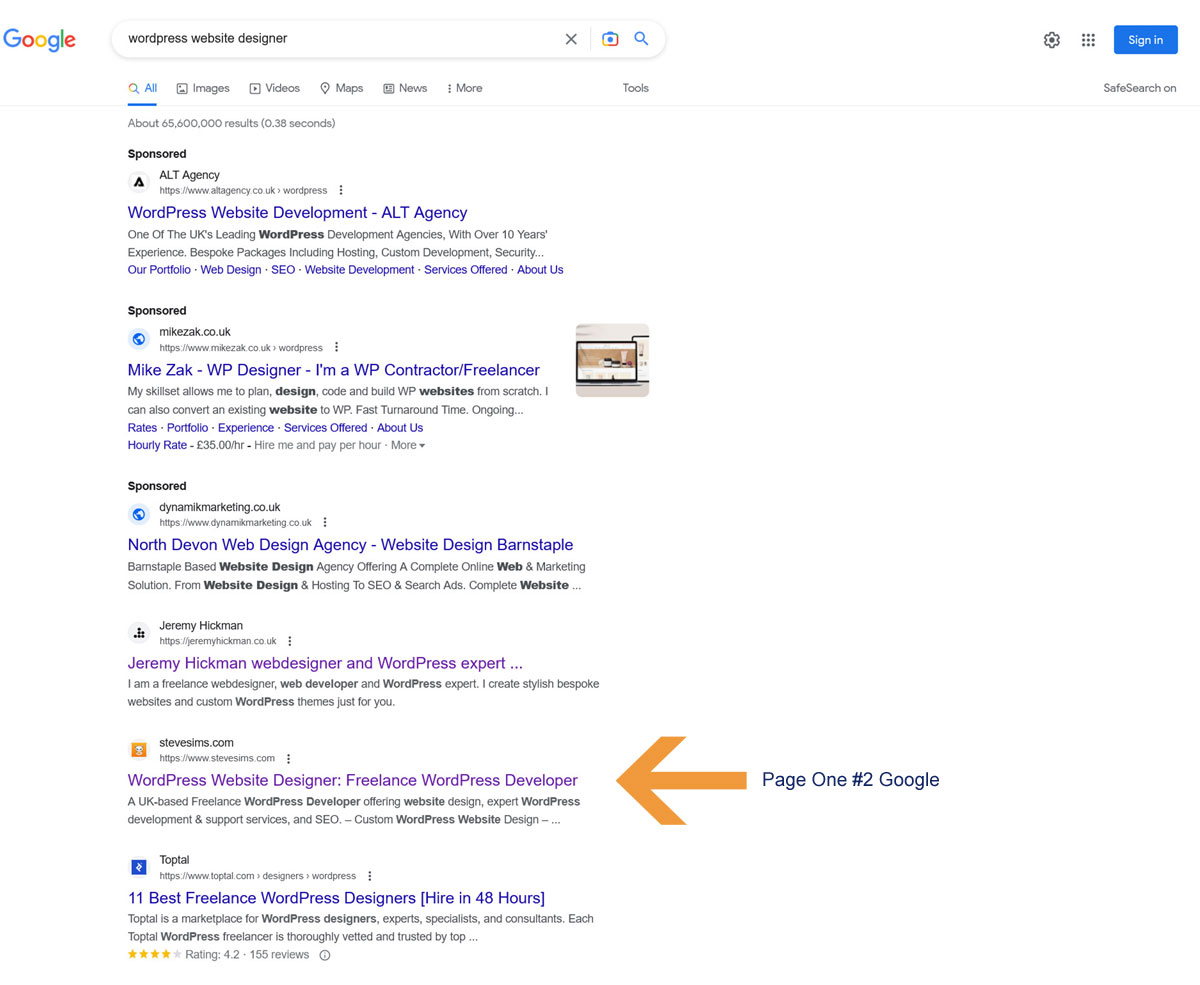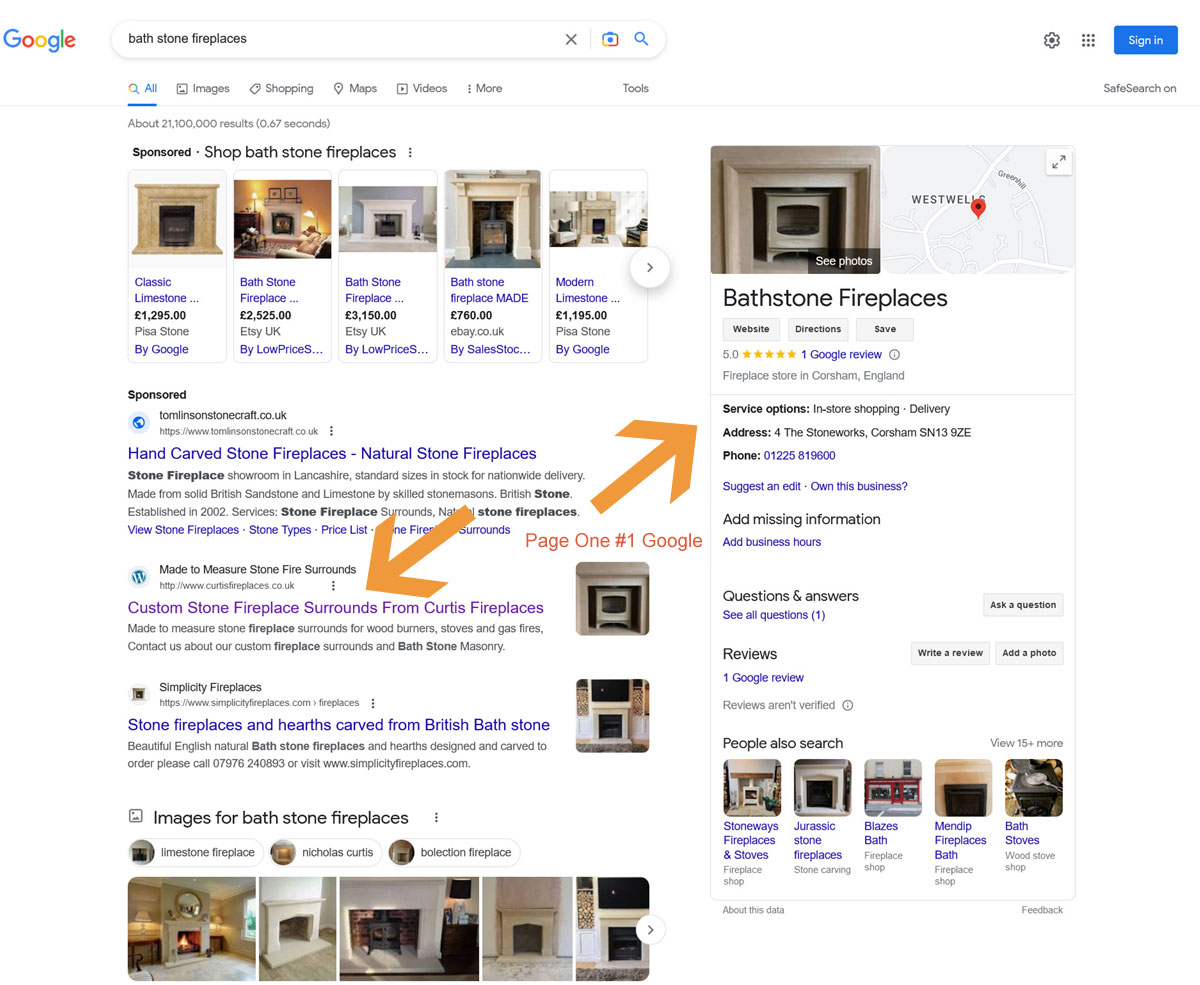Generative Optimization Services (GEO)
Generative Engine Optimization (GEO) is the practice of optimizing your website’s content so that it is not just discoverable via traditional search engines like Google or Bing, but is actually used, cited and featured by AI-powered generative systems such as ChatGPT, Google Gemini, Perplexity, Claude, Copilot, and Google AI Overviews.
Unlike conventional SEO which centres on ranking in link-based search results, GEO means your content becomes a direct source in AI-generated answers. Imagine being included in a “snippet” of Ai results, or a text summary delivered by a chatbot, or AI preview at the top of a search engine. That’s GEO at work.
Affordable Ongoing GEO Services
An Overview
I can help your site appear in Ai sections of results with my affordable GEO services. But what is GEO and how do you have to update your website?
In simple terms, the key distinction between GEO and traditional SEO lies in how search engines process user queries. While conventional SEO emphasizes keyword matching to rank pages, GEO prioritizes high-quality content tailored for how AI systems generate answers. This means your content must be context-rich, in-depth, and credible to be favoured by generative search engines.
To get your website showing up in AI-generated answers, you’ll need to shift your focus from just using keywords to creating content that truly answers people’s questions. Start by writing clear, helpful articles that explain things in depth—almost like you’re talking to a curious customer. Use headings, bullet points, and short paragraphs so your content is easy for both humans and AI systems to read and understand.
Next, make sure your site is technically sound. This includes having fast-loading pages, mobile-friendly design, and using structured data (also called schema) to help AI tools understand what your content is about. You’ll also want to build trust by showing expertise—include author bios, link to credible sources, and regularly update your content to keep it relevant. Essentially, you’re creating pages that AI can recognize as trustworthy and informative enough to quote in its answers. You may like to read more about authority and E-E-A-T Ai signals in my blog.
Example Ai Friendly Search :
Old search term: “cafe in Exeter”
New Ai search term: “cafe in Exeter with free parking and play area for children”
What You'll Get...
Some of the main website seo services I cover:
- On-site seo improvements with Ai in mind
- Work on off-page seo factors
- Build up external backlinks
- Improving your content with ongoing content creation
- Technical SEO improvements
- Improving website authority

Affordable Monthly SEO Packages
My affordable monthly SEO packages are listed below. Currently I’m offering my monthly website maintenance services for free, bundled in with any new SEO packages that are purchased while the offer is on. So better website rankings and a reliable optimised website are now just a click away.
The Starter
For smaller niche websites-
Three target Keywords
-
On-page and Off-page work
-
Six months minimum
The Runner
For mid-sized websites-
Ten target Keywords
-
On-page and Off-page work
-
Six months minimum
The Winner
For mid-sized/larger websites-
Agreed number of target Keywords 20+
-
On-page and Off-page work
-
Twelve months minimum
GEO vs. SEO vs. AEO/AIO
| Attribute | Traditional SEO | GEO (Generative Engine Optimization) | AEO (Answer Engine Optimization) / AIO |
|---|---|---|---|
| Goal | Rank higher in SERPs via keywords, backlinks, CTR | Achieve direct inclusion/citation in AI-generated answers | Feature in conversational Q&A-style answer tools |
| Content strategy | Keywords, link-building, metadata | Structured, informative, credible, AI-readable | Q&A formats, natural language, schema markup |
| Success metric | Rankings, organic traffic, CTR | Frequency of AI citations/mentions, AI‑originated traffic | Presence in snippets/voice results, structured answer format |
SEO: Aims for top placement in link-heavy SERPs.
GEO: Aims for your content to be used by AI—citations over clicks.
AEO/AIO: Overlaps with GEO but is more focused on question/answer formatting for conversational bots.
GEO Best Practices: Turning Your Website into an AI-Approved Source
Answer First Structured Content
Lead with concise answers, then expand in sections. AIs often pull the opening sentence. Use Q&A formats and FAQs with headings—ideal for featured snippet or answer engine uptake.
Machine Ready Formatting
HTML headings (H2, H3), bullet lists, numbered steps make content easier to parse. Add schema markup: Article schema, FAQ's Page, HowTo, Product, LocalBusiness - boosts AI readability.
On Page Design
Fast page speed is critical; bots prioritize quick-loading content. Ensure mobile-responsiveness, clean code, accessibility - important for AI indexing.
Maintain Structured Data
Optimize titles, descriptions, meta-tags semantically (cover content themes). Some suggest using emerging formats like llms.txt to signal bot-readable content.
Link and Amplify
Internal linking: help AIs discover your authority clusters. External linking: cite reputable content and get linked from respected sites.
Monitor and Refine
Track UI: Are your pages being mentioned in AI previews, ChatGPT, Gemini summaries? Iterate: Refresh content, tweak structure, update data.
What is Generative Engine Optimization (GEO) and how does it differ from traditional SEO?
Generative Engine Optimization (GEO) focuses on optimizing your website so that it is cited and featured in answers generated by AI systems like ChatGPT, Google Gemini, and Copilot. While traditional SEO targets rankings on Google and Bing through keywords and link-building, GEO ensures your content is structured, credible, and in-depth so AI tools select it to answer user queries directly.
Why is GEO important for my business or website?
As AI-powered tools become more common, users increasingly trust answers provided directly by these systems. GEO helps your business appear in those results—boosting your visibility, credibility, and providing another source of organic traffic outside standard search rankings.
How can I make my website content ‘AI-friendly’?
To make your content ‘AI-friendly,’ focus on answering questions directly with clear and well-structured information. Use headings, bullet points, FAQ sections, and authoritative references. Make sure your site loads quickly, is mobile-friendly, and uses schema markup so AI systems can easily understand the context of your content.
What types of websites benefit most from GEO services?
All businesses can benefit from GEO, but those providing expert, service-based, or local information gain the most. If your business relies on being seen as a credible source or you want to be featured in AI-powered search snippets and summaries, GEO is especially valuable.
How long does it take to see results from Generative Engine Optimization?
Results from GEO can vary depending on your industry, competition, and the current state of your website. Typically, you may start to see improvements in your website’s inclusion and citations by AI tools within a few weeks to a few months. GEO is an ongoing process, as AI systems and their algorithms regularly update—so continuous optimization is important for sustained visibility.
How does Google's new AI search thing work?" or "Where does AI get its answers from?
AI search engines use advanced models to understand user intent and find comprehensive, well-structured content that directly answers specific questions. They prioritize clear, direct answers and often retrieve information from FAQs, bulleted lists, and schema markup.
Do I still need to worry about keywords with all this AI around?" or "How is SEO different now that AI is everywhere?
Traditional keyword research focuses on analyzing search volume and competition for specific keywords. AI-powered research goes a step further by using natural language processing (NLP) to understand the context and intent behind long-tail, conversational queries, helping to identify semantic relationships and new keyword opportunities.
Is it okay to use ChatGPT to write my content?" or "Will my website get penalized if I use AI to help with my blog?
Google’s official stance is that the quality of the content matters, not how it was created. To be successful, AI-generated content should be edited and enhanced with unique insights, a human touch, and E-E-A-T (Experience, Expertise, Authoritativeness, and Trustworthiness) to provide genuine value to the user.
What should I be doing right now to get my website ready for AI search?" or "Will AI-powered search kill my current SEO strategy?
The key is to create high-quality content that is structured for easy consumption by both humans and AI. This includes using clear headings, bullet points, and answering questions directly. You should also ensure strong technical SEO, a fast page load speed, and a logical site structure.
Can't AI just do SEO on its own?" or "How do you use AI tools to get my website to page one?
As a freelance SEO consultant, I leverage AI tools to streamline technical tasks like content audits and keyword research. However, the true value lies in human-led strategy. I use AI to gather data and identify opportunities, but I apply my experience and expertise to craft a personalized strategy that connects with your target audience and builds long-term authority.
GEO Optimization Checklist
- ✔ Write content that answers specific user questions clearly and directly
- ✔ Use headings (H2, H3), bullet points, and short paragraphs for easy scanning
- ✔ Add FAQ sections and Q&A-style content formats to key pages
- ✔ Include relevant statistics, quotes, and references from trusted sources
- ✔ Use schema markup (FAQPage, Article, LocalBusiness, etc.) for better AI readability
- ✔ Ensure your site loads quickly and is mobile-friendly
- ✔ Create or update author bios to demonstrate expertise and credibility (E‑E‑A‑T)
- ✔ Internally link related pages to create clear content clusters
- ✔ Get backlinks from reputable websites to boost authority
- ✔ Regularly update content to keep it current and accurate
- ✔ Monitor tools like Google Search Console or AI visibility platforms (e.g., Athena, Profound)
Useful Website Links:








I offer a range of affordable professional website optimization services.
Search engine optimization, or seo is the process of optimising and promoting a site on the Internet for top rankings in the main search engines.
A number of on-site seo factors are involved with the seo process, including the site content, navigation and structure of the site and page layout. Off-page factors that help achieve high rankings include in broad terms the number of links you have to you site and the quality of those links. Check out my seo infographic explaining what seo is in my blog…
I take care of all and work on an ongoing basis to improve your search engine rankings.

